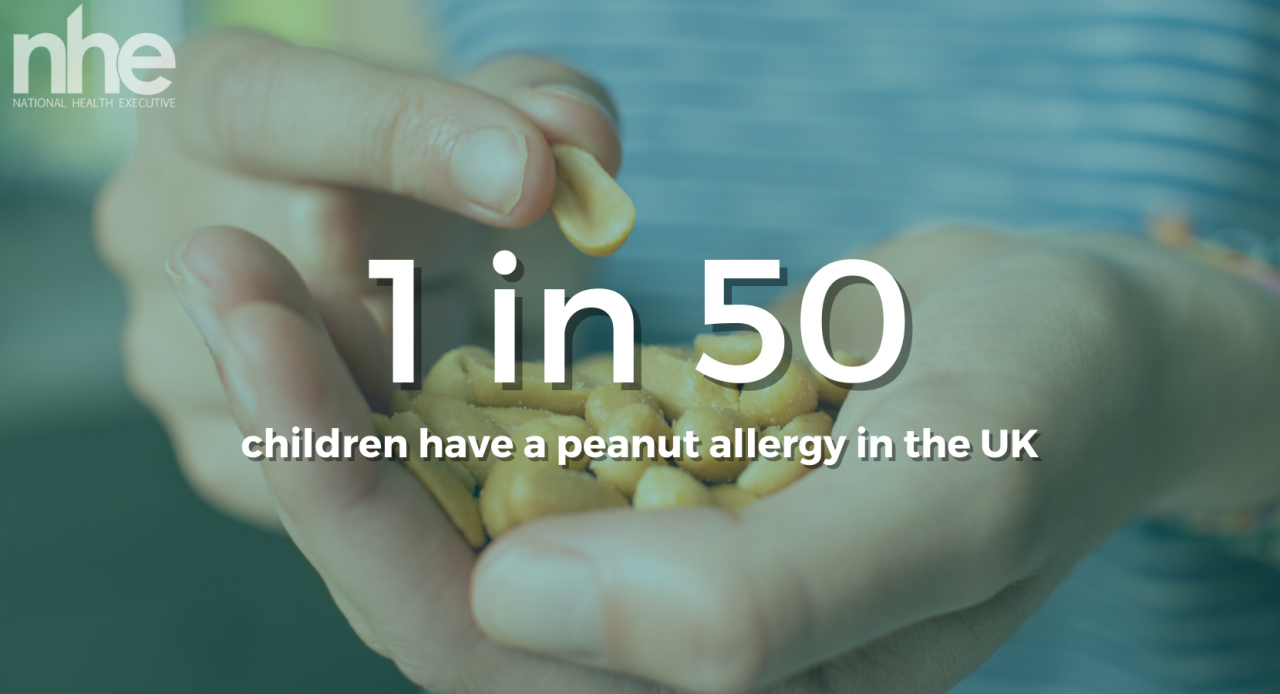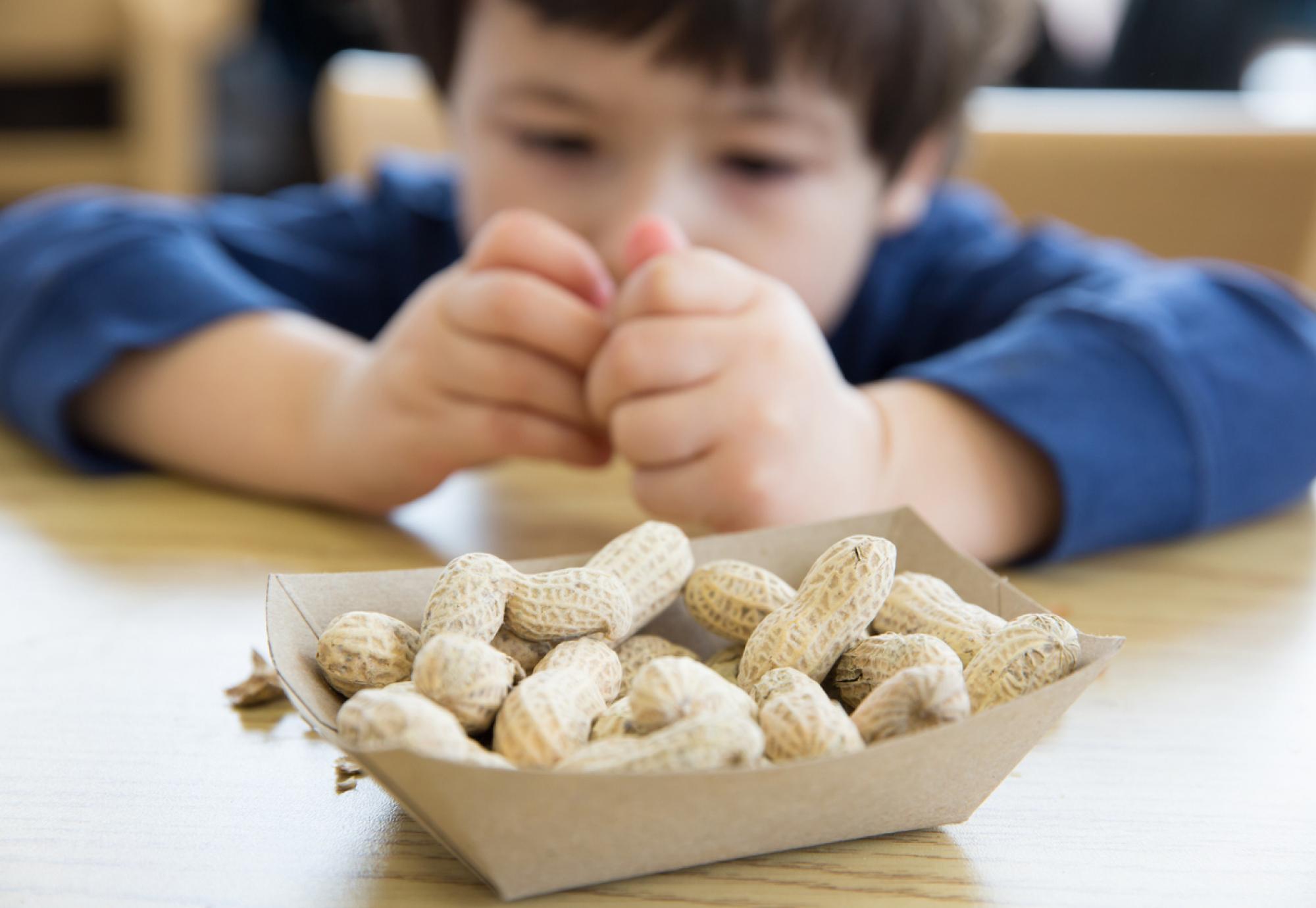The new treatment, known as Palforzia could help children between the age of 4 and 17 by helping to build up their tolerance to peanuts.
The National Institute for Health and Care Excellence has recommended the new treatment which contains ‘precise and gradually increasing amounts of peanut protein’, which will help the body to build a tolerance and effectively reduce the severity of allergic reactions if ever exposed to peanuts.
Peanuts are the cause of one of the most common food allergies in children with between 0.5 percent to 2 percent of children in the UK having some form of allergic reaction to them.
I am pleased that we’re able to recommend a treatment that could improve the quality of life for children and young people with a peanut allergy and their carers.
Gillian Leng, Chief Executive NICE
Professor Gillian Leng, Chief Executive, NICE said: “An allergy to peanuts can have a severe impact on the lives of children, young people and their families and carers. While it is rare for a peanut allergy to be fatal in the UK, the consequences of accidental exposure to peanuts can be severe, with some people needing to self-administer adrenaline and have emergency care if they are exposed to peanut”.

Depending on severity, peanut allergies in children can cause a wide range of symptoms such as hives and rashes, itching around the mouth and throat, shortness of breath and in acute cases anaphylaxis.
During clinical trials, which involved the use of the new treatment as well as placebos showed that those given Palforzia increased the number of children who could tolerate a minimum of 1,000 milligrams of peanut protein, which is equivalent of around three peanuts.



















